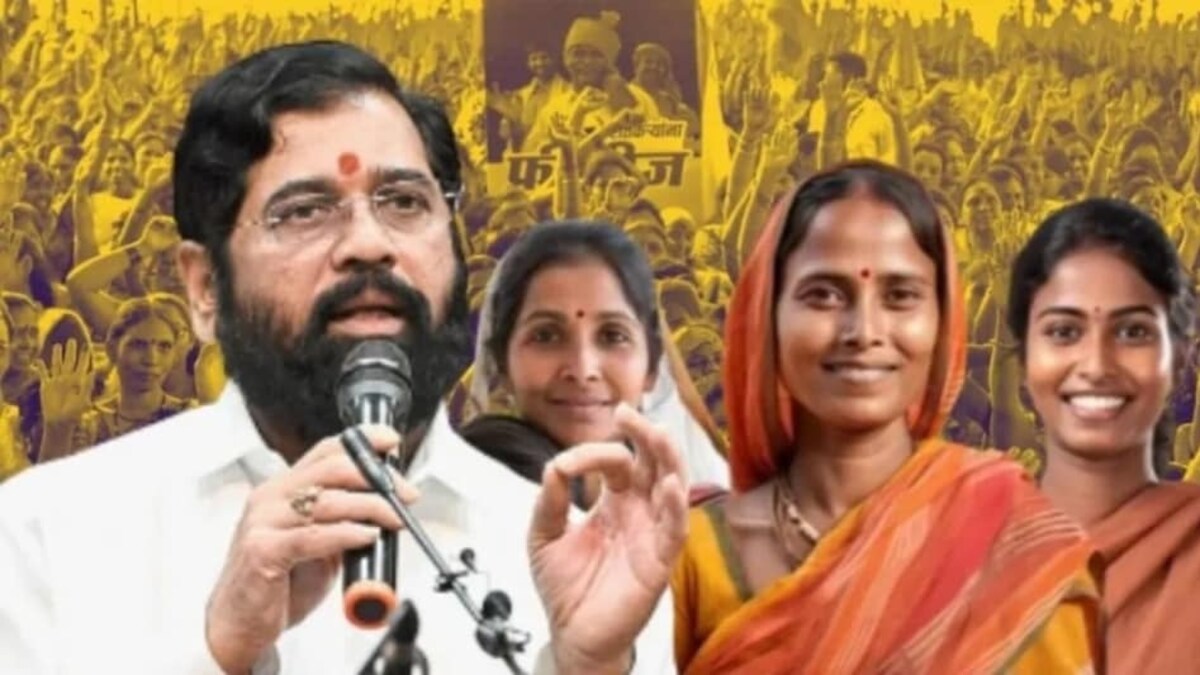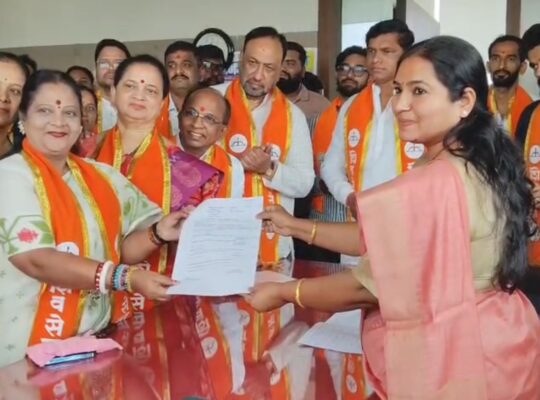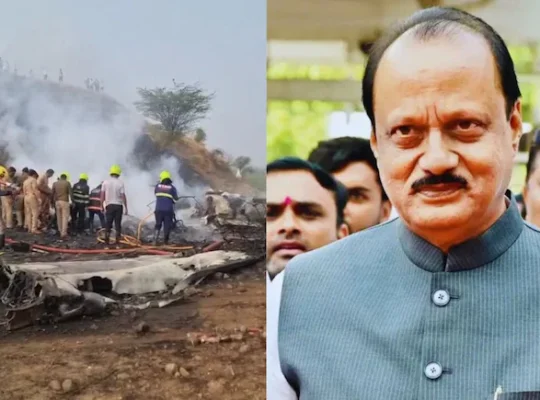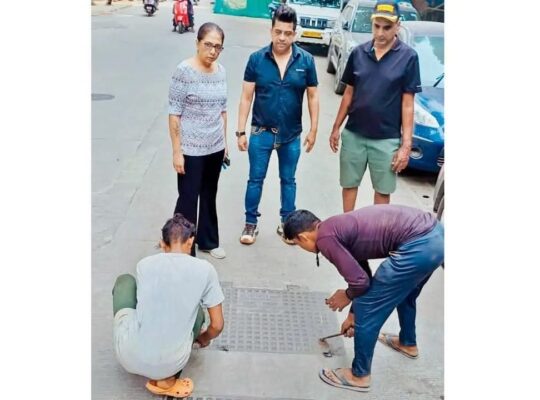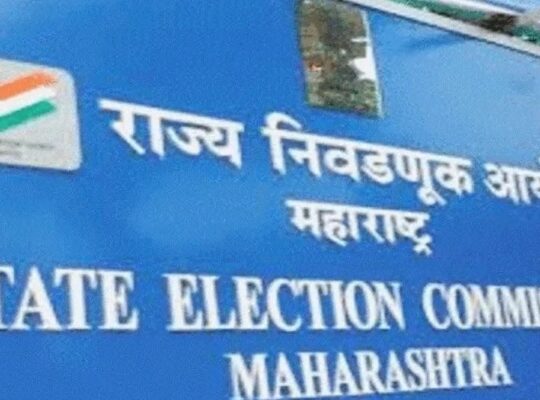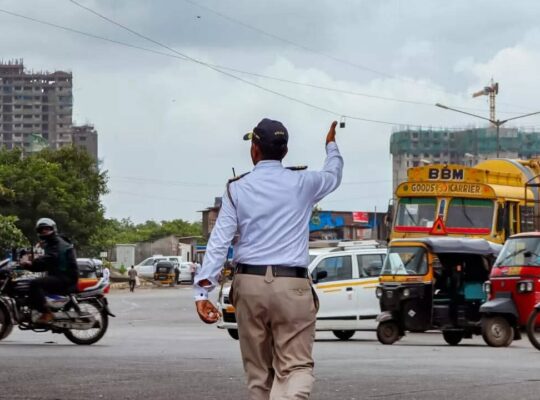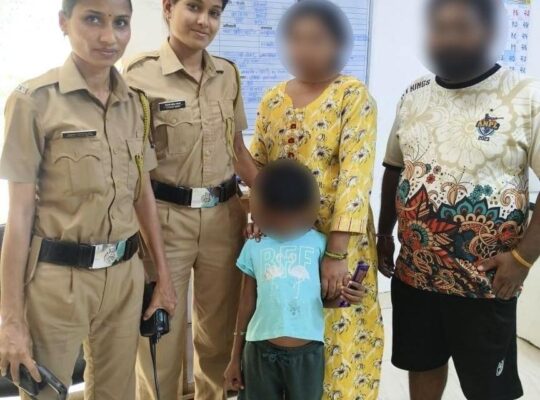When 42-year-old Rekha Jagtap from rural Beed received ₹7,500 in her bank account last December, she thought it was a lifeline. A single mother working as a farm labourer, the money helped her buy winter clothes for her children and pay off the electricity bill that had been pending for months. It felt like the government had finally looked her way.
But for every Rekha, there’s a Manju Patil — a mid-level clerk in the Mantralaya with a four-wheeler and a steady salary, who also received the same amount. And that’s where the problem lies.
The ‘Ladki Bahin Yojana,’ launched with much fanfare before the 2024 Assembly elections, aimed to empower women with ₹7,500 a month for five months. Over 2.67 crore women applied, and crores of rupees were disbursed without stringent eligibility checks. The intent was noble, but the execution? Flawed.
Soon after the elections, the government began discovering cracks in the system. A review initiated by Chief Minister Devendra Fadnavis found that thousands of women on government payrolls and many owning cars had also benefitted from the scheme — people who were never meant to.
“I saw senior officers at work receive it. That’s when I realised something was off,” said a junior Mantralaya employee, who later chose to return the funds voluntarily.
As of today, more than 9 lakh beneficiaries have been disqualified. The state has spent an estimated ₹3.58 crore already, and that number might rise if more ineligible recipients are found. Now, in a bid to clean up the mess, the Maharashtra government has asked the Income Tax Department for access to ITRs to cross-check women’s eligibility.
A senior bureaucrat overseeing the review said, “If you’re earning ₹50,000 a month and own two vehicles, you shouldn’t be receiving state welfare meant for the struggling. The data will help us filter that.”
But delays in getting approval from the Union Finance Ministry are slowing down the process. Meanwhile, genuine beneficiaries like Rekha worry. “Will they stop the scheme entirely now? People like me really need it,” she said.
This unfolding story is more than a political audit — it’s a test of intent versus impact, and of how welfare can either uplift or unravel, depending on how carefully it’s done.

